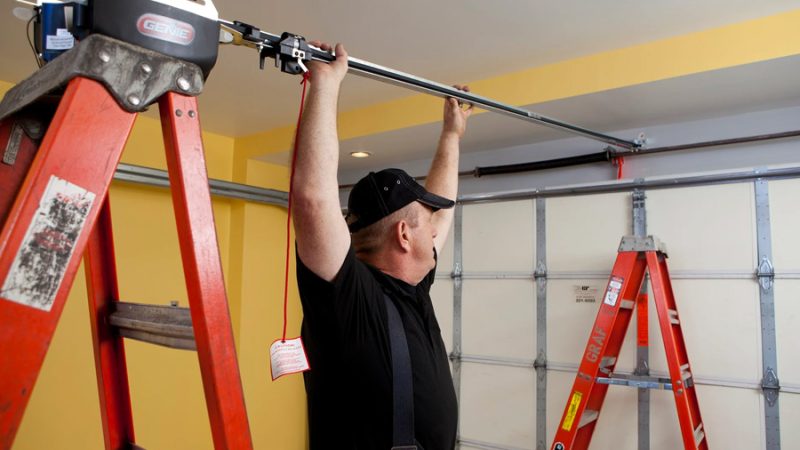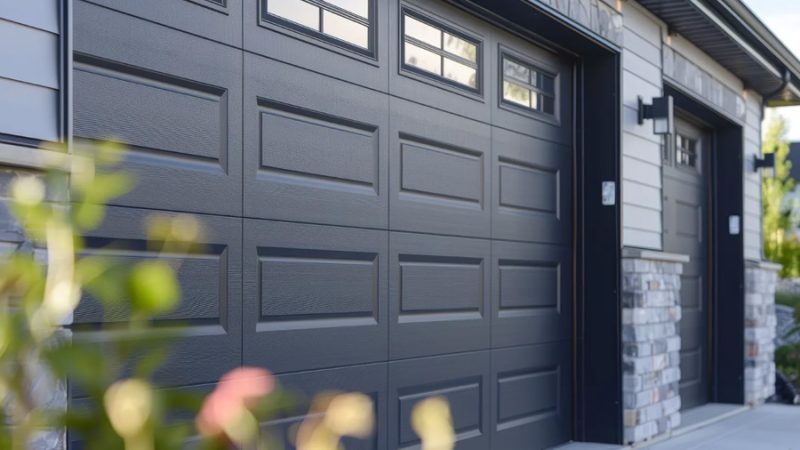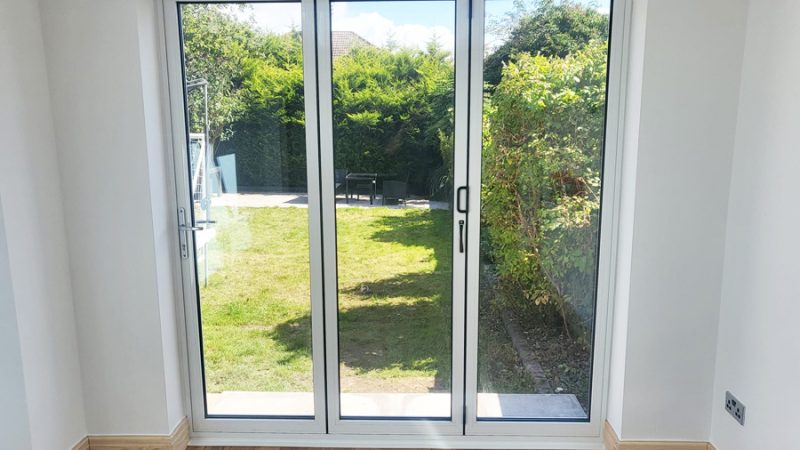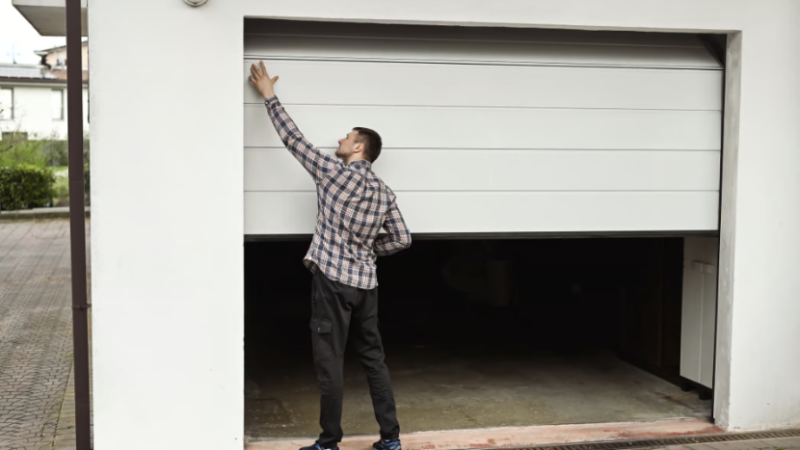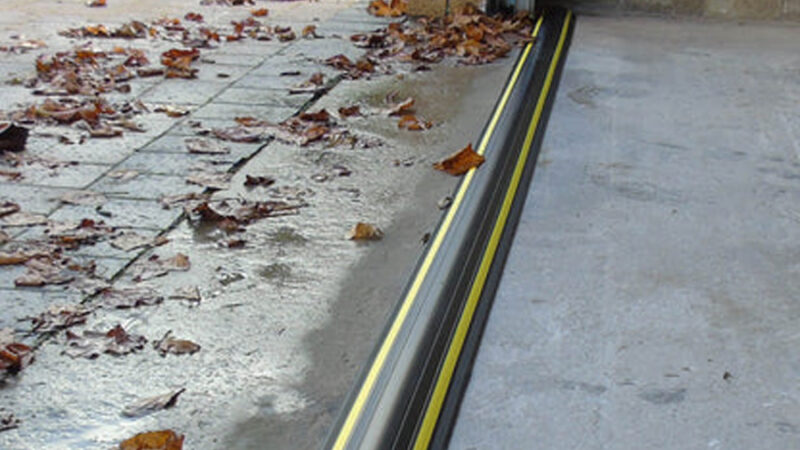When Your Garage Door Goes Rogue: Common Problems Every American Homeowner Faces
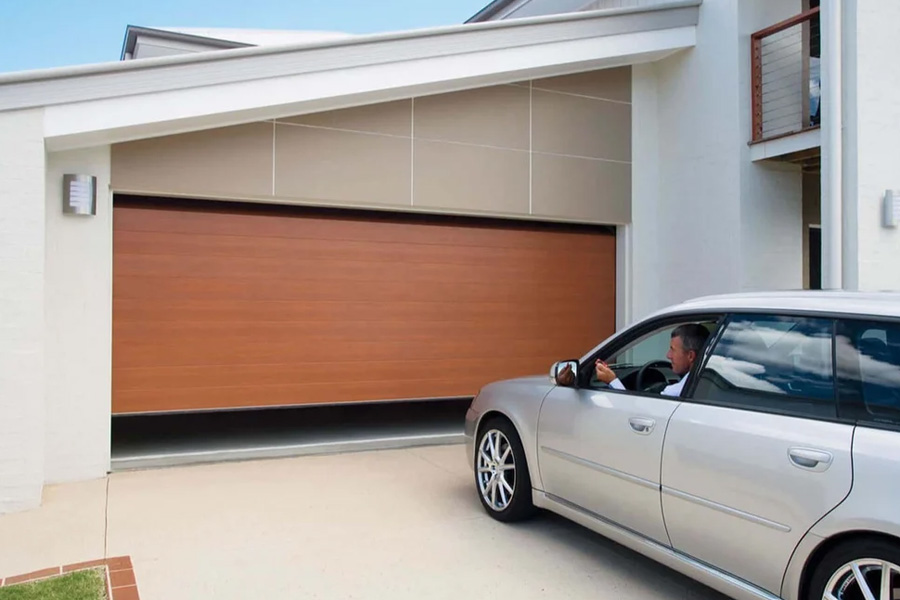
Your garage door is one of those things you never think about—until it stops working. Picture this: you’re running late for work, coffee in hand, and you hit the garage door opener only to hear a grinding noise followed by complete silence. Sound familiar? You’re definitely not alone in this struggle.
The Most Common Garage Door Headaches
Broken Springs: The Silent Killers
Garage door springs are the unsung heroes of your daily routine, but they’re also the most likely culprits when things go wrong. These tightly wound coils handle hundreds of pounds of door weight every single day. In most American homes, springs typically last about 7-10 years with normal use, but factors like weather extremes, poor maintenance, and cheap materials can cut that lifespan short.
When a spring snaps, you’ll know it. The loud bang can wake the whole neighborhood, and suddenly your 150-pound garage door feels like it weighs a ton. This isn’t a DIY situation—broken springs are dangerous and require professional attention. Many homeowners find themselves searching for emergency garage door repair services when this happens, especially if it occurs at the worst possible moment.
Opener Malfunctions: When Technology Fails You
Modern garage door openers are pretty reliable, but they’re not bulletproof. Chain drives, belt drives, and screw drives all have their own quirks and failure points. Sometimes the motor burns out from overuse, other times the circuit board decides to call it quits. Weather can be particularly harsh on openers—extreme cold makes them sluggish, while summer heat can cause overheating.
Remote control issues are another common frustration. Dead batteries are the obvious culprit, but interference from other devices, programming glitches, or worn-out receivers can leave you stuck outside your own garage.
Track and Roller Problems: Off the Rails
Garage doors run on metal tracks, and when something goes wrong with this system, the door can become completely inoperable. Tracks can bend from impact (hello, basketball mishaps), accumulate debris, or simply wear out over time. Rollers, whether they’re steel, nylon, or plastic, eventually crack, chip, or seize up.
A door that’s jumped its track is not just inconvenient—it’s dangerous. The door can fall unexpectedly, potentially causing injury or property damage. This is another scenario where homeowners often need emergency garage door repair services to safely get their door back on track.
Weather: Your Garage Door’s Biggest Enemy
American weather can be brutal on garage doors. From the freezing winters of Minnesota to the scorching summers of Arizona, extreme temperatures put serious stress on all the moving parts.
Winter Woes
Cold weather makes metal contract, which can throw off the door’s balance and put extra strain on the opener. Snow and ice can freeze the door to the ground, and many homeowners make the mistake of forcing it open, which can damage the opener or break springs. Salt and road chemicals tracked into the garage can also accelerate rust and corrosion.
Summer Struggles
Heat expansion affects metal tracks and springs differently, potentially causing alignment issues. In humid climates, moisture can lead to rust problems, especially on older doors without proper weatherstripping. And let’s not forget about severe weather—hailstorms and high winds can dent panels and knock doors off their tracks.
The Age Factor: When Garages Show Their Years
Most American homes have garage doors that are 10-15 years old, and they’re starting to show their age. Older doors often lack modern safety features like photo-eye sensors and automatic reverse mechanisms. They may have outdated openers that don’t play nice with modern smart home technology.
Wooden doors, popular in many traditional American homes, require more maintenance than steel or aluminum alternatives. They can warp, rot, or develop gaps that let in weather and pests. Even well-maintained wood doors eventually need significant repairs or replacement.
Prevention: Your Best Defense
Regular maintenance can prevent many common garage door problems. Lubricating moving parts twice a year, checking the balance monthly, and keeping tracks clean can extend your door’s lifespan significantly. Many problems that seem sudden actually develop gradually—listening to your door and watching how it operates can help you catch issues before they become emergencies.
The Bottom Line
Garage door problems are frustrating, but they’re a reality of homeownership. Whether it’s a spring that snaps during a blizzard or an opener that dies right before a big vacation, these issues always seem to happen at the worst times. The key is knowing when to call in professionals and not attempting dangerous repairs yourself.
Your garage door is a complex system with many moving parts, and when something goes wrong, it affects your daily routine, home security, and peace of mind. Understanding common problems can help you make informed decisions about repairs and maintenance, keeping your garage door running smoothly for years to come.



